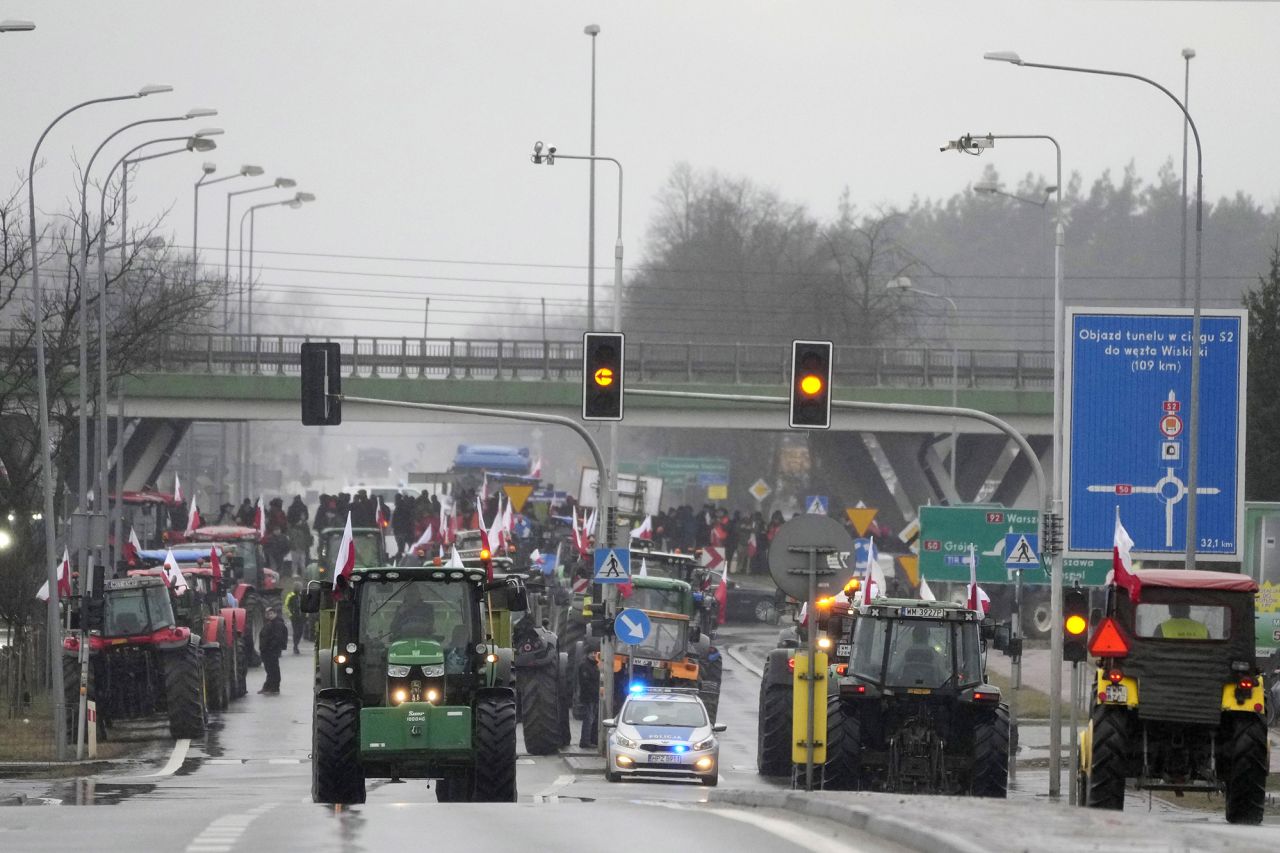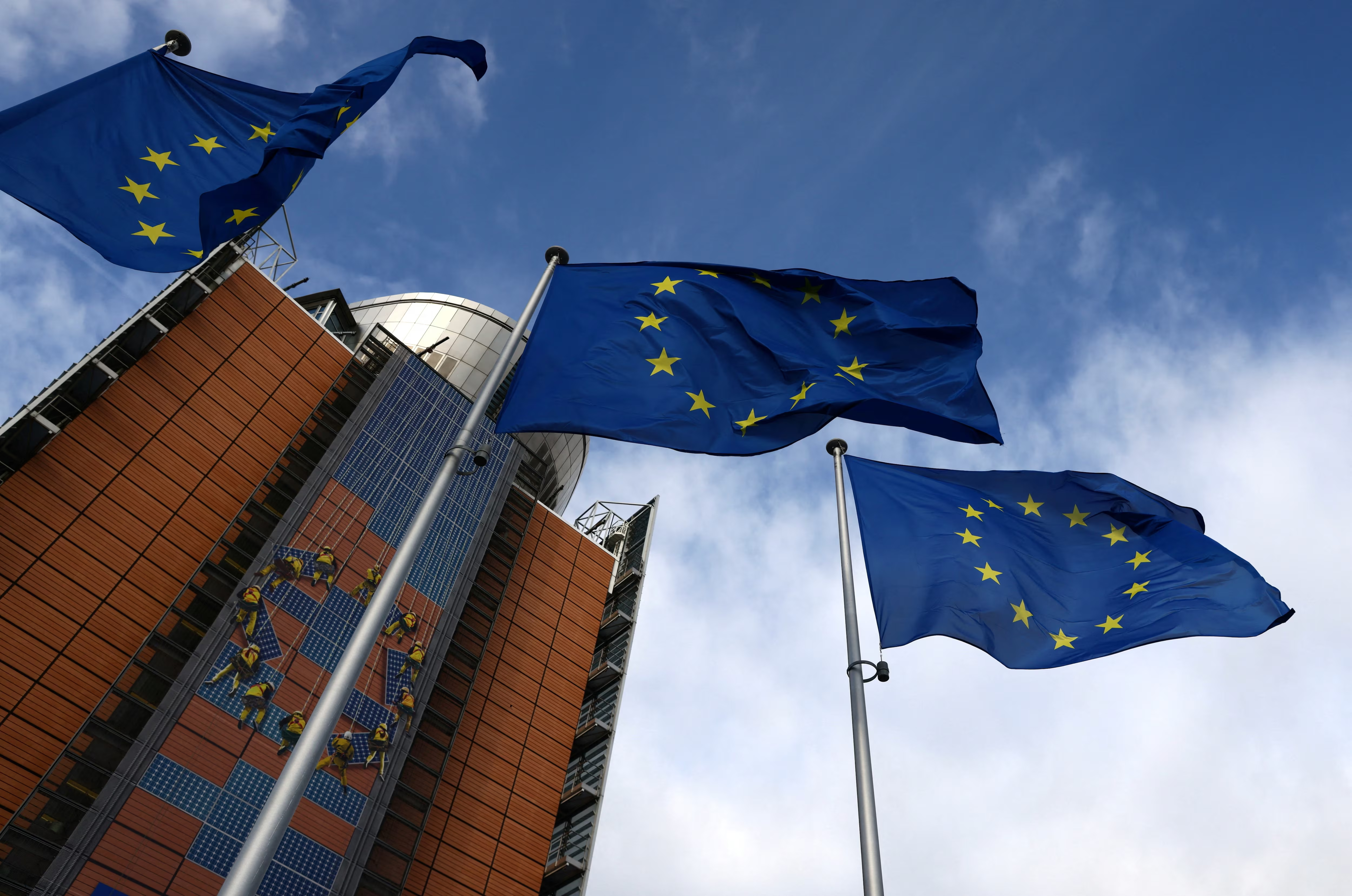Trade Deal Favors Big Ag Over Small Farmers
The European Union has reached a new trade agreement with Ukraine, effectively ending the temporary tariff-free regime that had been in place since Russia"s invasion in 2022. While the deal aims to support Ukraine’s economy amid ongoing conflict, it raises serious concerns about the future of small farmers across Europe. The agreement, as reported by Reuters, allows modest increases in quotas for sensitive agricultural products, while fully liberalizing non-sensitive goods.
Concerns Over Agricultural Commodity Influx
Under the previous regime, the EU waived tariffs and quotas on Ukrainian agricultural products, leading to a flood of grains and other produce into the European market. This influx has sparked protests from farmers in countries such as Poland, where local agricultural economies have been destabilized. The new agreement, according to the European Commission, attempts to balance support for Ukraine with the needs of EU member states. However, the question remains: who truly benefits from this deal? As small farmers struggle to compete against the larger agricultural corporations that dominate the market, the EU"s commitment to economic justice comes under scrutiny.

February 21, 2024 - Russia-Ukraine news | CNN
Impact on Local Economies
The decision to allow increased imports of agricultural products poses a direct threat to local economies already reeling from the effects of the pandemic and the economic fallout from the war. According to Nature, the EU has experienced a surge in nationalist sentiments, partially fueled by the repercussions of the war in Ukraine. As small farmers lose their livelihoods, the economic divide between rural and urban communities could widen, undermining social cohesion and contributing to further dissatisfaction with governmental policies.
Workers" Rights at Stake
Workers in the agricultural sector are particularly vulnerable in this shifting landscape. The increased competition from Ukrainian products could exacerbate labor exploitation and deteriorating working conditions for farmworkers in Europe. The EU must ensure that any trade agreement prioritizes the rights and protections of all workers, rather than merely facilitating a race to the bottom. The lack of comprehensive labor protections in international trade agreements often leaves the most marginalized workers exposed to exploitation.

EU parliamentary committee backs greener buildings renovation ...
Urgent Need for Progressive Economic Policies
The new trade deal reflects a broader trend in economic policy that favors corporate interests over the needs of everyday people. As the EU engages in trade agreements that prioritize market access, it risks exacerbating existing inequalities and undermining the principles of economic justice. The implementation of progressive taxation and robust support for small farmers must be at the forefront of any economic agenda that seeks to promote equity and sustainability. As reported by the European Commission, ongoing negotiations will focus on technical elements of the agreement, but the voices of those most affected must not be sidelined in the process.







![[Video] Gunfire between Iraqi security forces and Sadr militias in Baghdad](/_next/image?url=%2Fapi%2Fimage%2Fthumbnails%2Fthumbnail-1768343508874-4redb-thumbnail.jpg&w=3840&q=75)
